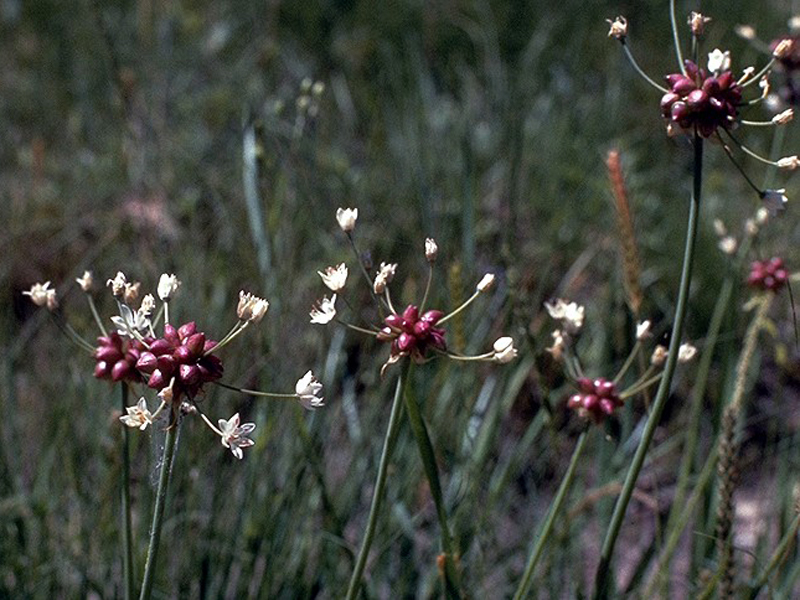Difference between revisions of "AY Honors/Edible Wild Plants/Wild Onion"
m (+ translate tags) |
(Marked this version for translation) |
||
| Line 1: | Line 1: | ||
| − | <noinclude><translate></noinclude> | + | <noinclude><translate><!--T:1--> |
| + | </noinclude> | ||
{{EWP | {{EWP | ||
|name = Wild Onion | |name = Wild Onion | ||
| Line 10: | Line 11: | ||
}} | }} | ||
| + | <!--T:2--> | ||
<noinclude> | <noinclude> | ||
{{EWP/Boil}} {{EWP/Salad}} {{EWP/Raw}} {{EWP/Potherb}} {{EWP/Fry}} | {{EWP/Boil}} {{EWP/Salad}} {{EWP/Raw}} {{EWP/Potherb}} {{EWP/Fry}} | ||
Revision as of 20:34, 3 November 2014
Wild Onion
Description: Wild Onion has an edible bulb covered with a dense skin of brown fibers and tastes like an onion. The plant also has strong, onion-like odor. The narrow, grass-like leaves originate near the base of the stem, which is topped by a dome-like cluster of star-shaped, pink or white flowers. It typically flowers in the spring and early summer, from May to June.
Where found: Throughout North America
Availability: Spring - Winter
Use: Use the leaves and bulbs raw in salads, or cook them in a soup. Basically, use them as you would domestic onions.
WARNING: Though the plant is edible, it pays to be careful in identifying it as there are several look-a-likes. So be sure to do more research before eating plant.
Template:EWP/Boil Template:EWP/Salad Template:EWP/Raw Template:EWP/Potherb Template:EWP/Fry

